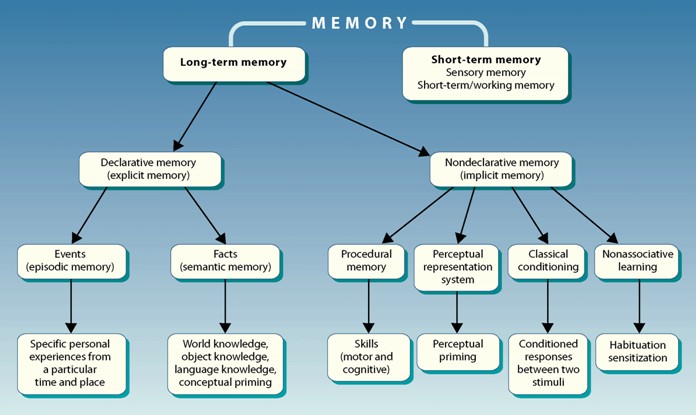It seems to me that there is a pretty sharp distinction between storing a "fact" like "Chickens are birds" and storing an algorithm or routine like "how to multiply two 3-digit numbers". I find the latter idea to be very interesting, and I'd like to read more on what has been written on this subject, but I don't know how people in psychology/ cognitive science denote this specific aspect (if they even make such a distinction at all).
I'm familiar with the ideas of episodic and semantic memory, and it seems that memorizing an algorithm like the one mentioned above, falls into the overall domain of "semantic memory", but within that area, I'm not finding the term(s) that deal with representation/ storage of this kind of algorithmic/ routine based knowledge (as opposed to "simple facts").
"Sequence memory", as used by Hawkins in this paper seems to come close to capturing some of the spirit of what I mean, but that doesn't seem to be exactly right either.
